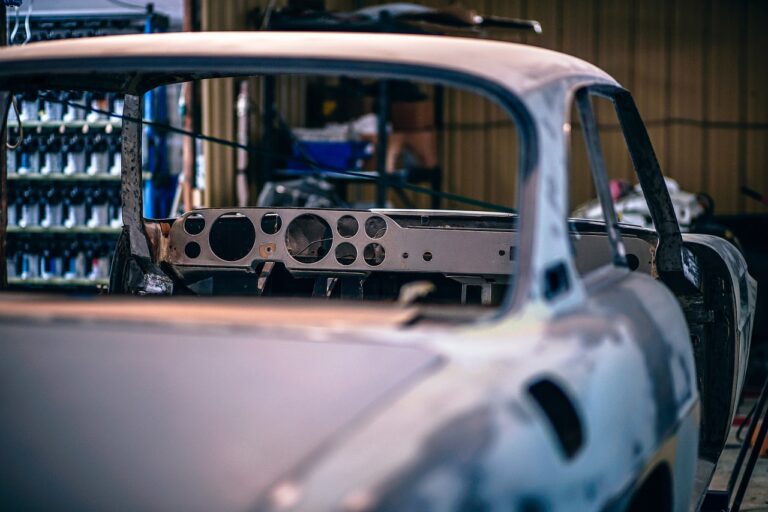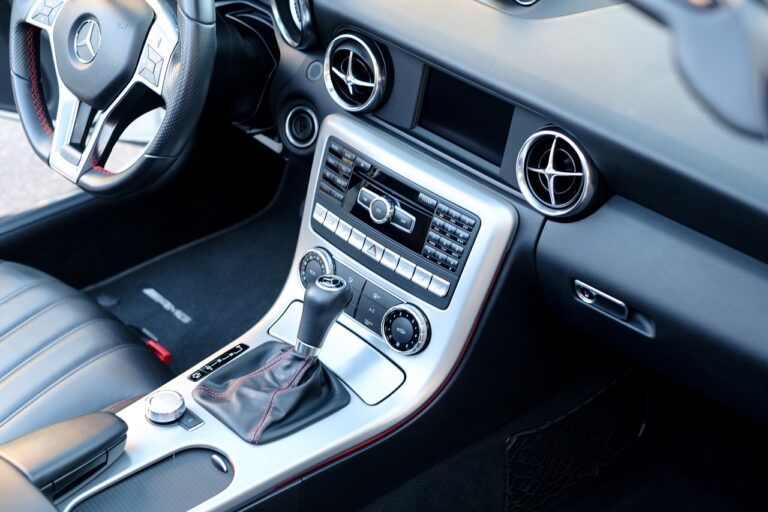Innovations in Fuel Pump Noise Reduction Materials for Quieter Operation
betbhai99, radhe exchange download apk, 99 exchange login:Have you ever noticed the loud humming sound coming from your car’s fuel pump when you start the engine? It can be quite annoying, especially if you’re someone who values a quiet driving experience. Thankfully, advancements in technology have led to innovations in fuel pump noise reduction materials that can make your driving experience much quieter.
In this article, we will explore how these materials work, the benefits they provide, and how they can contribute to a more peaceful driving experience.
Reducing Fuel Pump Noise: How It Works
Fuel pumps are essential components of vehicles, responsible for delivering fuel from the gas tank to the engine. However, they can produce a significant amount of noise when in operation, especially at higher speeds. This noise is typically caused by the vibration of the fuel pump as it pumps fuel through the system.
To reduce this noise, manufacturers have started using innovative materials in the construction of fuel pumps. These materials are designed to absorb and dampen the vibrations produced by the fuel pump, resulting in a quieter operation overall.
One example of these materials is acoustic foam, which is commonly used in the automotive industry for sound insulation purposes. Acoustic foam has excellent sound-absorbing properties, making it an ideal material for reducing fuel pump noise.
Another material that is commonly used for fuel pump noise reduction is rubber. Rubber has natural damping properties that can help absorb vibrations and reduce noise levels. By incorporating rubber components into the design of fuel pumps, manufacturers can significantly reduce the amount of noise produced during operation.
Benefits of Quieter Fuel Pumps
There are several benefits to having a quieter fuel pump in your vehicle. One of the most obvious benefits is a more peaceful driving experience. With less noise coming from the fuel pump, you can enjoy a quieter cabin environment, making your daily commute or long road trips more enjoyable.
In addition to a quieter driving experience, quieter fuel pumps can also have a positive impact on fuel efficiency. Studies have shown that excessive noise can cause stress and fatigue in drivers, leading to decreased focus and concentration. By reducing noise levels in the cabin, drivers can maintain their focus on the road ahead, potentially leading to better fuel efficiency.
Furthermore, quieter fuel pumps can also contribute to a more comfortable ride for passengers. Excessive noise can be disruptive and uncomfortable, particularly on long journeys. By reducing the amount of noise coming from the fuel pump, passengers can relax and enjoy a more comfortable ride.
Overall, quieter fuel pumps can enhance the driving experience in various ways, making it a worthwhile investment for vehicle manufacturers and consumers alike.
Innovations in Fuel Pump Noise Reduction Materials
As technology continues to advance, manufacturers are constantly developing new materials and technologies to improve fuel pump noise reduction. One of the latest innovations in this field is the use of advanced composites in fuel pump construction.
Advanced composites are materials that are engineered to have specific properties, such as high strength, durability, and sound-absorbing capabilities. By incorporating these materials into the design of fuel pumps, manufacturers can create pumps that are not only quieter but also more efficient and reliable.
In addition to advanced composites, manufacturers are also exploring the use of active noise cancellation technology in fuel pump design. Active noise cancellation works by emitting sound waves that are 180 degrees out of phase with the noise produced by the fuel pump, effectively canceling it out.
This technology has been proven to be highly effective in reducing noise levels in various applications, including automotive systems. By integrating active noise cancellation technology into fuel pumps, manufacturers can significantly reduce the amount of noise produced during operation, leading to a quieter driving experience for consumers.
FAQs
Q: Are quieter fuel pumps more expensive?
A: While quieter fuel pumps may come at a slightly higher cost initially, the benefits they provide in terms of a more peaceful driving experience and improved fuel efficiency often outweigh the additional cost.
Q: Can I retrofit my existing fuel pump with noise reduction materials?
A: It is possible to retrofit existing fuel pumps with noise reduction materials, although the process may be complex and require the expertise of a professional. It is recommended to consult with a qualified mechanic before attempting to retrofit your fuel pump.
Q: How can I tell if my fuel pump is too noisy?
A: If you notice a significant increase in noise levels coming from your fuel pump, it may be a sign that it is operating louder than normal. It is advisable to have your fuel pump inspected by a professional to determine if any noise reduction measures are necessary.
In conclusion, innovations in fuel pump noise reduction materials are making significant strides in improving the driving experience for consumers. By incorporating advanced materials and technologies into fuel pump design, manufacturers can create pumps that are not only quieter but also more efficient and reliable. These advancements are sure to revolutionize the automotive industry and provide drivers with a more peaceful and enjoyable driving experience.







